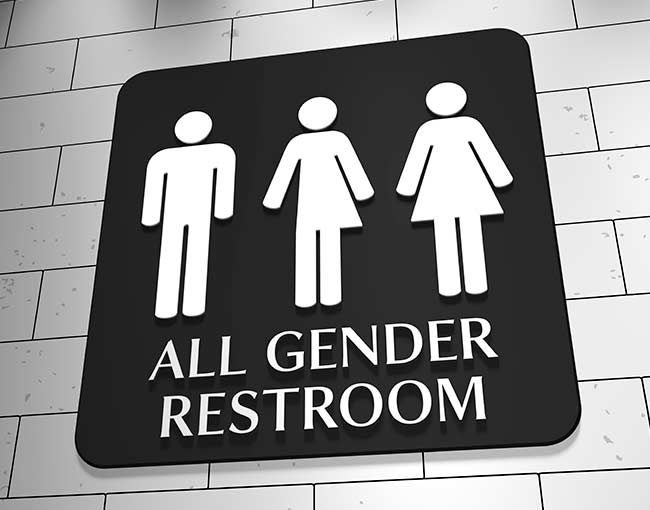As some REGucation readers may recall, last summer we authored a two-part series on emerging federal policy regarding the application of federal anti-discrimination laws to the transgender community. In particular, we discussed the Department of Education’s relatively recent position that Title IX of the Education Amendments of 1972 protects individuals from discrimination based on gender identity, and the agency’s related conclusion that institutions must treat transgender students consistent with their gender identity.
In recent months, the treatment of transgender individuals on campus has come to a head, driven in large part by the stand-off between North Carolina and the federal government over the State’s recent law banning transgender individuals from using restrooms in state facilities based on their gender identity. On Friday, May 13, with lawsuits and administrative actions in full swing, the Department of Education and the Department of Justice issued a joint Dear Colleague letter concerning civil rights protections for transgender students under Title IX.
This document, which has been labeled “significant guidance” by the two agencies, is the most comprehensive and clear statement on this topic that has yet been issued, and without question, should be read closely by postsecondary administrators. The letter includes guidance concerning, among other things, access for transgender students to restrooms and locker rooms, athletic activities, single-sex classes and schools, and housing and overnight accommodations.
Perhaps even more significant, however, is the accompanying best practices document that the Department of Education also issued May 13, titled “Examples of Policies and Emerging Practices for Supporting Transgender Students.” While the Dear Colleague letter provides additional, important insight into the Department’s policy position, it is only eight pages in total, with a scant two pages dedicated specifically to the treatment of transgender individuals on campus. In contrast, the best practices document provides 20 pages of guidance and policy examples, offering thoughts on a wide range of topics, to include privacy of transgender student records, physical education classes, field trips, bullying and harassment, counseling and support services, training for administrators, and the management of complaints regarding the treatment of transgender students.
The Department is careful to note that it does not endorse all of the policies and best practices included in the document. But there is little doubt that the examples selected for inclusion in the document are consistent with the Department’s thinking on these various topics. As such, the document offers postsecondary institutions significant, additional clarity regarding the Department’s expectations for the incorporation of transgender individuals into facilities and events that typically are separated by gender, as well as into other aspects of an institution’s daily academic and operational life. This may be cold comfort for those postsecondary administrators already struggling to implement the proliferation of Title IX and Clery Act guidance that has marked recent years. But it is comfort, nonetheless.
On a final note, this additional guidance also may clarify for faith-based institutions whether they should seek an exemption from Title IX. As the Department offers further guidance regarding the practical implications (and expectations) of its policy position, it may become increasingly evident to certain institutions that the school cannot comply with the Department’s requirements without running afoul of the religious tenets the institutions uphold.
If you would like to further discuss the Department’s guidance relating to transgender individuals, or the process for securing an exemption from Title IX, please do not hesitate to give us a call.
Aaron Lacey is a partner in Thompson Coburn’s Higher Education practice, and editorial director of REGucation. You can find Aaron on Twitter (@HigherEdCounsel) and LinkedIn, and reach him at (314) 552-6405 or alacey@thompsoncoburn.com.
















